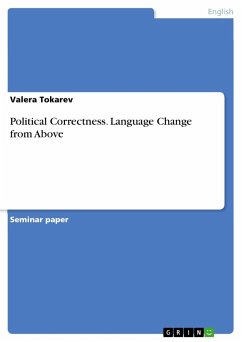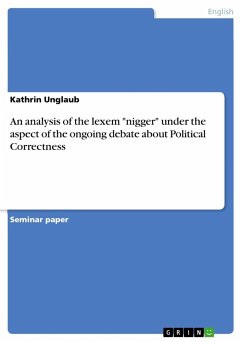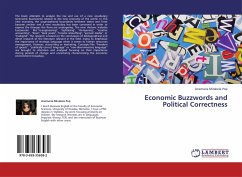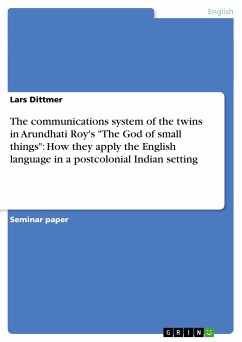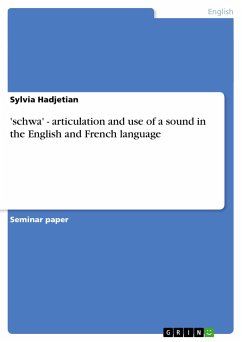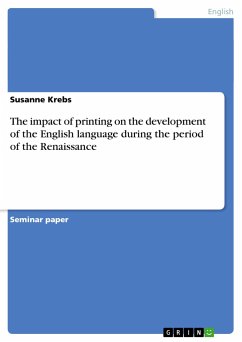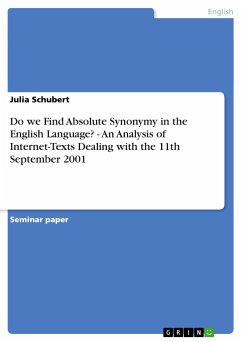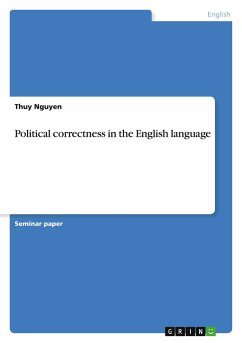
Political correctness in the English language

PAYBACK Punkte
0 °P sammeln!
Seminar paper from the year 2007 in the subject English Language and Literature Studies - Linguistics, grade: 1,3, University of Duisburg-Essen, course: Language and Gender , language: English, abstract: In London during the 1980ies there were reports in the right-wing press, that socialist local councils like Hackney Council had to banish the word manhole by order of its Women's Committee since the term was meant to be sexist. This is just one out of many incidences that came up during the political correctness debate. Since the eighties this phenomenon has occurred on the American campuses a...
Seminar paper from the year 2007 in the subject English Language and Literature Studies - Linguistics, grade: 1,3, University of Duisburg-Essen, course: Language and Gender , language: English, abstract: In London during the 1980ies there were reports in the right-wing press, that socialist local councils like Hackney Council had to banish the word manhole by order of its Women's Committee since the term was meant to be sexist. This is just one out of many incidences that came up during the political correctness debate. Since the eighties this phenomenon has occurred on the American campuses and developed rapidly to a publicly debated subject. This essay will deal with the phenomenon of the political correctness in the English language with the main focus on gender questions and feminist linguistics. The central question is if expressions like policemen or phrases like to be the master of the situation are really conceived as sexist by the majority of people and if replacing those by terms like "police officers" can solve the problem of sexist language use. Have the efforts to regulate or reform language been successful and can language be at all non-sexist or even neutral?First of all, the term political correctness and politically correct are placed into a historical context explaining its roots and development before trying to define the concept. Furthermore, the importance of the political correctness debate for the Women's Liberation Movement and the development of feminist linguistics will be explained.The third chapter explains on which assumptions and theories the claimed language change is based on. The relation between language use and perception of the individual or of a group plays a central part. In the context of the political correctness debate the central question is in how far sexist language use, representation, the naming or not naming of women effects the perception and thinking of people.The fourth chapter gives a description of the measures that were taken in order to influence language and language use. On the one hand, measures aimed at the regulation and sanction of sexist language and on the other hand, some more moderate and liberal measures intended the reformation of language in order to achieve more equality between women and men on a linguistic level. In how far have these measures been successful in increasing the awareness for discriminating language use?




